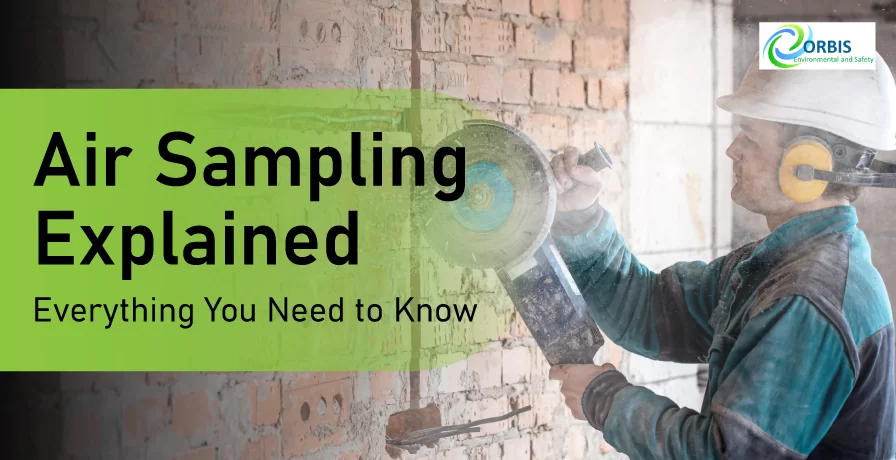Call us or sign up to our newsletter
Feel free to drop us a message with a description of your project or anything you need help with. We are here to listen, advise and provide assistance and support. Providing the best experience for all our customers wherever we can is important to us, so sign up to our newsletter to receive regular insights, industry case studies, advice and more.
Form is successfully submitted. Thank you!









